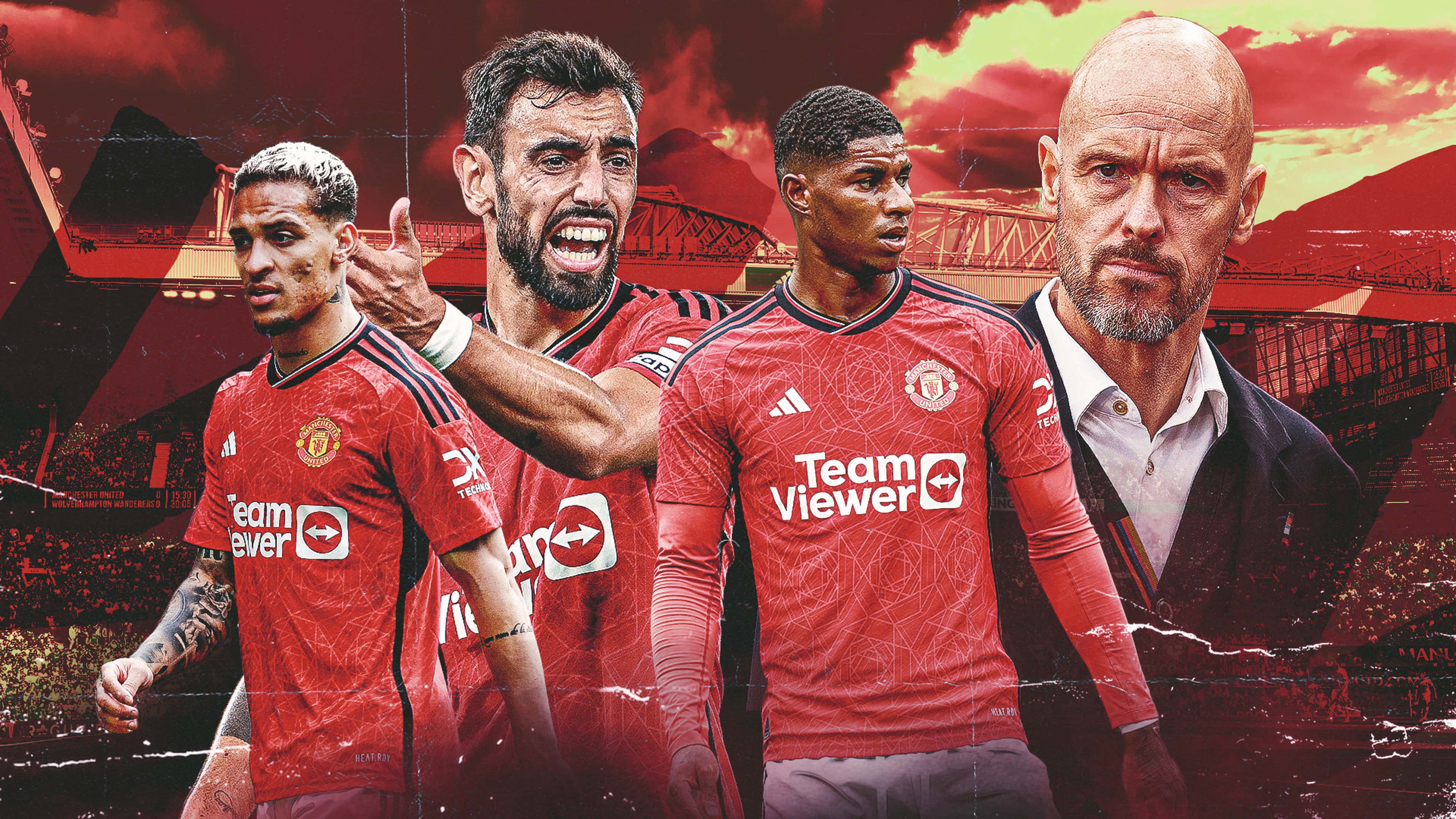Erik ten Hag’s fervent desire to bolster his squad before the transfer window slams shut is tempered by Manchester United’s tight transfer budget, which might thwart his aspirations.
.jpeg?auto=webp&format=pjpg&width=3840&quality=60)
United’s transfer budget is tight while Ten Hag wants more players
When questioned about Manchester United’s summer transfer dealings, Erik ten Hag responded, “Managers always want more,” earlier this month. While a generalization, it aptly applies to him as well. His inclination to seek more reinforcement is evident.
However, United’s inability to sign additional players and their decision to not pursue Declan Rice or Harry Kane, both commanding colossal fees, stem from specific reasons. The budget constraints limited their capacity for further signings, as the club has already spent around £160m this summer, rising to over £175m with potential add-ons for Andre Onana, Mason Mount, and Rasmus Hojlund.

Man Utd couldn’t bid on their wish list
Over the course of Ten Hag’s tenure, their expenditure has reached approximately £400m—a substantial outlay, even for a club projected to generate annual revenue surpassing £600m or in a league where financial disparities vary widely.
Nevertheless, underlying issues have curtailed United’s purchasing power. They found themselves on a Financial Fair Play watchlist by UEFA last September, subsequently receiving a fine this summer for breaching FFP regulations over four years.

Old Trafford owners found themselves on a Financial Fair Play watchlist
United aimed to maintain their net spend around £120m this summer—a target they’ve already surpassed, even before accounting for potential add-ons for their signings. Consequently, the notion of needing to sell before making additional acquisitions arises from this equation.
Negotiation dynamics have led to United paying more than intended for recent signings. Their initial bid for Mount was £40m, and their opening offer for Hojlund was slightly higher. While such dynamics are commonplace, securing these three arrivals around £120m would have allowed for more flexibility to make a substantial fourth signing.

They are out of money due to signed contracts last season
Net spending is another pivotal factor. United’s income from sales thus far has been insufficient—around £30m, including a seemingly modest €10m fee for Fred. Plans to sell Eric Bailly, Brandon Williams, and Donny van de Beek haven’t materialized as yet, and if the latter is indeed moved, it might be on loan, mirroring Williams’ loan to Ipswich.
Furthermore, notable offers have emerged for Scott McTominay and Harry Maguire. Maguire’s refusal to join West Ham might cost United £50m—the transfer fee of £30m the Hammers proposed for a player potentially leaving on a free transfer in 2025, coupled with two years’ wages at roughly £10m per season. McTominay’s valuation at £40m may have priced him out of a move, considering West Ham’s midfield acquisitions, Edson Alvarez and James Ward-Prowse, each arrived for around £30m.

They couldn’t sell unwanted player
Additionally, Ten Hag’s reluctance to offload certain players could have implications. While the Dutchman sees them as valuable squad members, United might have benefitted from selling one or both to raise funds. Sofyan Amrabat, a standout defensive midfielder, could be an upgrade on McTominay. Fiorentina’s Moroccan international is admired by United and their first two matches suggest a need for a partner alongside Casemiro.
However, if United’s unconvincing start to the season doesn’t trigger late-August spending and they adhere to their £120m budget with limited sales, their scope for reinforcements will be constrained.

United’s unconvincing start to the season doesn’t trigger late-August spending
They could find themselves confined by past financial commitments, agreed fees, and deals not materialized—a case of aspiring big spenders grappling to ascend to a higher financial echelon.